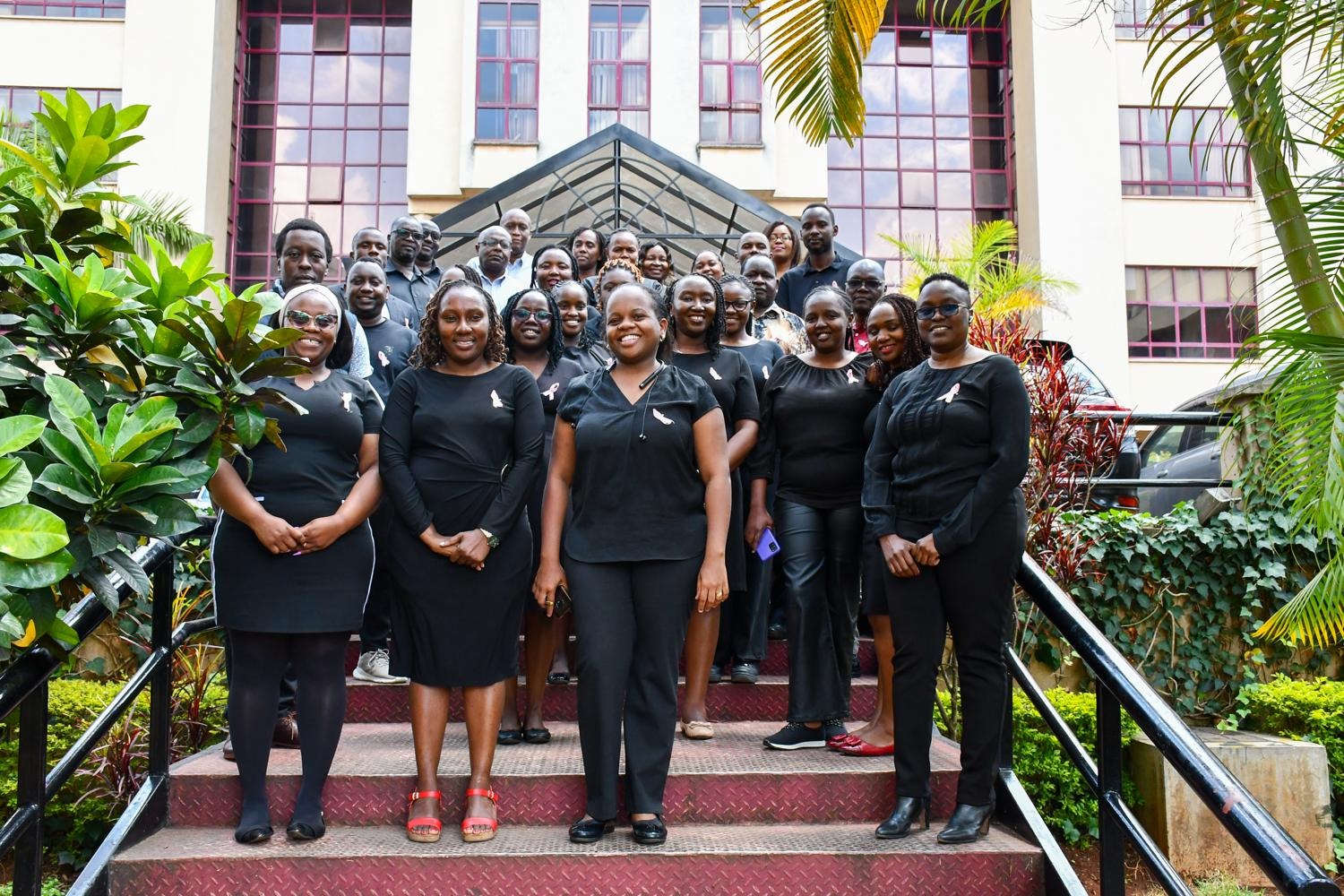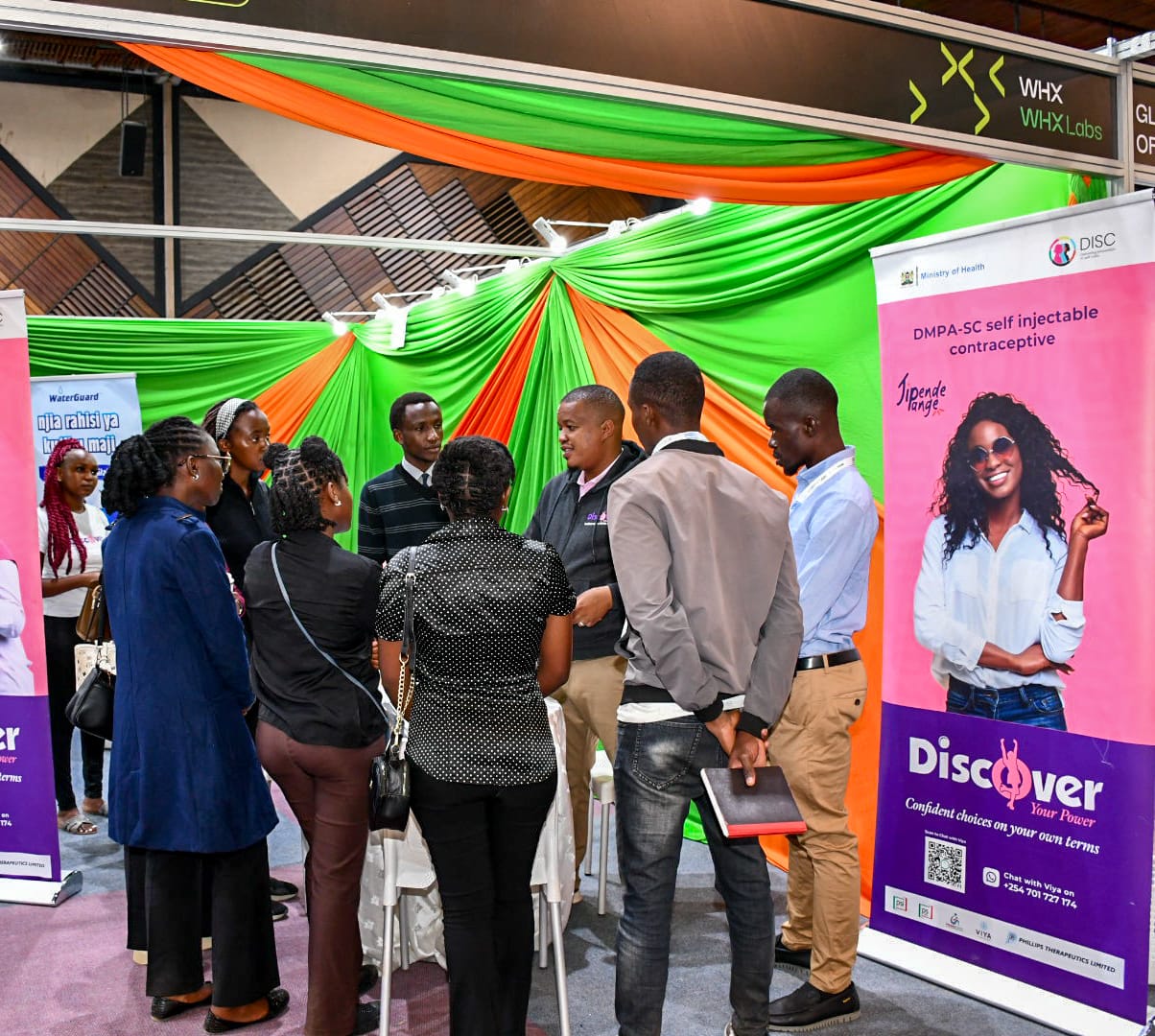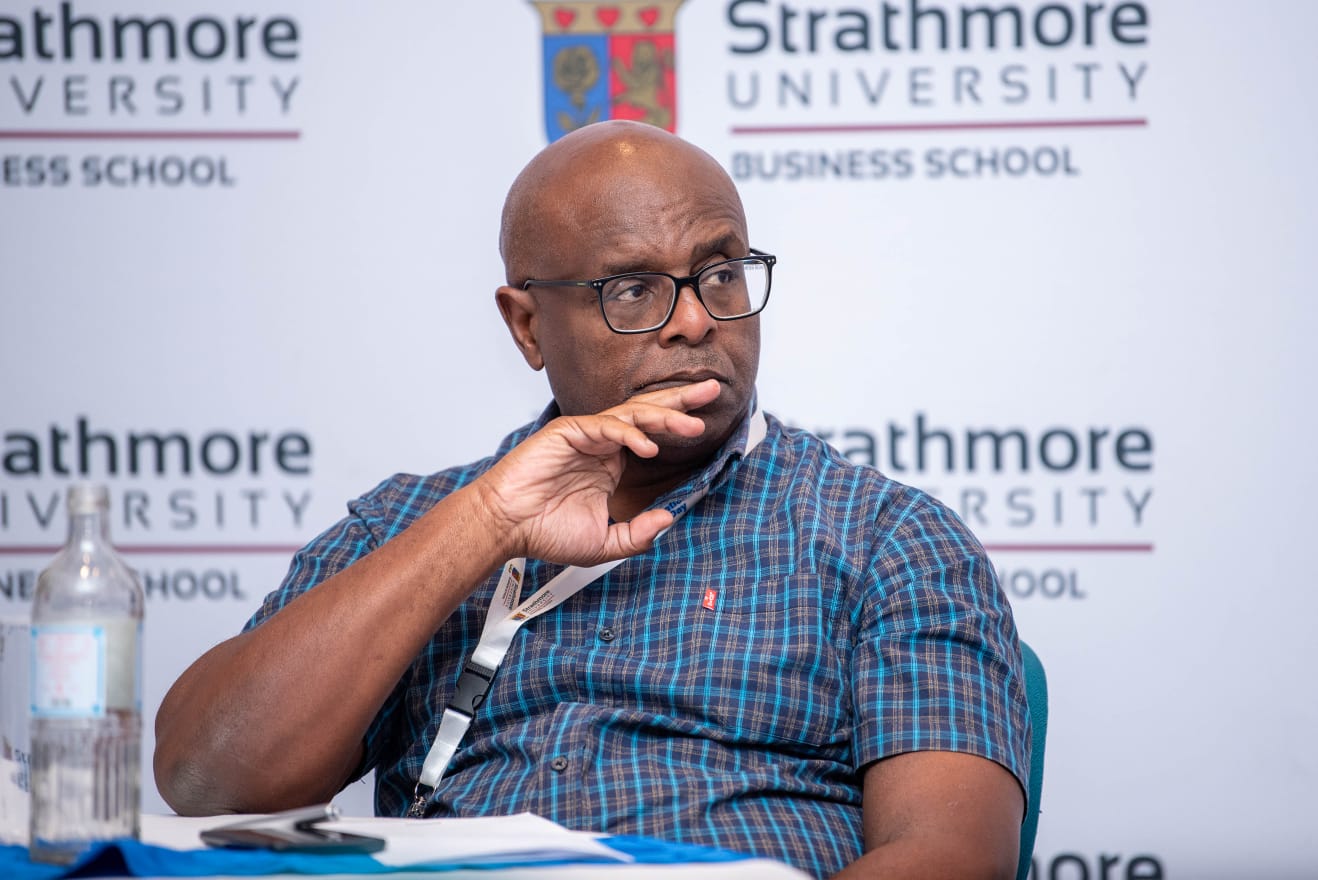Sexual and reproductive health (including Family Planning) services are often inaccessible to persons with disabilities due to many reasons, that include: physical and communication barriers, lack of disability-friendly-related clinical services, stigma and discrimination, and negative attitudes and biases by health care providers.
Due to this, most of them usually end up making uninformed sexual and reproductive health decisions and as a result contributing to increased maternal, newborn, and child mortality. In addition, poor sexual and reproductive health decisions contribute to other related factors like poverty and poor education outcomes.
When Emily Busienei gave birth to twins, she was overjoyed, but as the two girls grew, she noticed that both had challenges with speech and hearing. She got worried and sought the advice of a doctor from the local health facility who upon examining the babies confirmed the worst; her daughters were deaf. The news devastated her. She went home a sad mother, but with time she accepted her new reality.
As the two daughters grew, one of the twins got sick and died. With one twin gone, she was left struggling to raise the remaining one together with her other eight siblings. Life wasn’t easy as they had to learn ways to communicate with her deaf child. In addition, taking the young girl to school was a challenge as there were no special needs schools nearby leading her to spend life at home helping the mother with house chores.
Getting to teen-age, the mother was shocked to learn that her daughter had gotten pregnant. She delivered safely, but within no time she was pregnant again with a second and then a third child. Raising the children became a challenge as they could not afford to cater to all their needs considering their humble background. The mother got concerned and had to seek advice from a Community Health Volunteer. The Community Health Volunteer advised her to consider taking her daughter to the nearby Ol Mekenyu Health Center in Narok County for help.
“As a parent, I got worried as my daughter was getting pregnant at close intervals. I sought advice from a Community Health Volunteer who advised us to visit the hospital for assistance. At the Hospital, we were advised of the need for her to take a Family Planning method. With the challenges we were going through raising the three kids, I convinced her to take the method which she gladly accepted. I am now at peace; we are now focused on raising my 3 grandchildren without worrying about my daughter getting pregnant again.” Emily Busienei, Mother to Jackline (the PWD).

Delivering Sustainable and Equitable Increases in Family Planning (DESIP) is increasing access to and uptake of Family planning with a special focus on persons with disabilities. In addition, the programme has provided information, educational, and communication materials on basic SRH/FP information for both healthcare workers and Persons with Disabilities.



